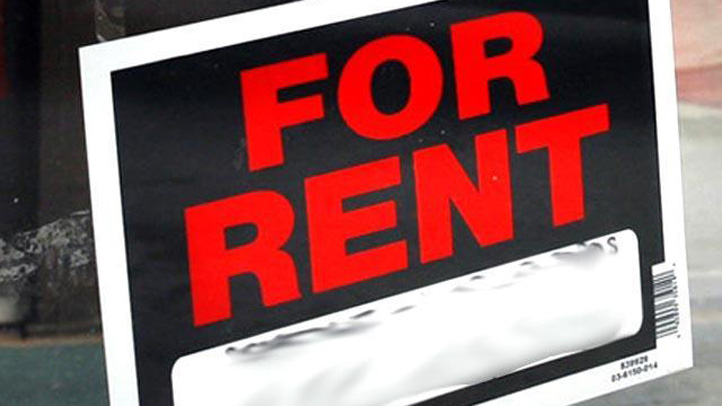The Ellis Act, a decades-old California law created to protect landlords looking to get out of the rental business, is once again stirring up controversy in San Francisco.
Tenants in rent-controlled units fear abuse of the Ellis Act by landlords could not only cost them their home but a last chance to remain in the city.
A recent proposal by California Senator Mark Leno called Senate Bill No. 364 seeks to change all that by protecting tenants from landlords that he says “take advantage” of the law, selling to so-called real estate speculators to make a quick buck.
Does the legislation stand a chance of making a difference?
That might be tough, NBC Bay Area found.
The California Association of Realtors is the richest and most active opponent of Leno’s legislation. The group says that San Francisco already has the most tenant-protective eviction rules in the state, which is true.
It also says Leno’s bill would discourage investment in San Francisco’s rental housing market, which might be true.
Local
But here’s fact: Six state senators voted against the bill in committee, killing Leno’s attempt to introduce it last year. All six received money from the California Association of Realtors.
The battle isn’t over yet. Leno’s legislation will be reconsidered next year.
The proposal would require buyers to own a property for five years before they can evict tenants.
Research from the Anti-Eviction Mapping Project bolsters Leno’s case and proves that five years is an important number.
Between 2009 and 2013, there were roughly 700 Ellis Act evictions in San Francisco. About half happened within one year of new ownership. Almost 80 percent occurred within five years.
“It is really a stick in the eye to the Ellis Act,” Leno told NBC Bay Area. “It’s making a mockery of the law that was created as a right for a landlord being abused in a very cynical way, just to feed the greed of a speculator.”
Under the Ellis Act, landlords can evict tenants so long as they provide up to a one year notification, compensate renters and agree not to re-rent the units at market rate.
Other opponents, like the California Apartment Association (CAA), criticize Leno’s legislation for failing to protect small-scale landlords.
“If we could find a way to define what Mr. Leno likes to call a ‘speculator’ from the small mom-and-pop who really needs to just get out of the business or wants to move into their property, let’s do that,” the CAA’s Debra Carlton said. “He hasn’t done that yet.”
NBC Bay Area found Leno’s proposal does protect small landlords. According to the text of the bill, those with “no more than two properties” or “four total residential units” are exempt from the five-year requirement.
The California Apartment Association says 16 units would make more sense as a cutoff.
In the meantime, evictions continue to displace hundreds of San Franciscans every year.
Theresa Flandrich is one of 22 residents displaced on her block in the in the city’s North Beach neighborhood in just the last two years. Like many of her neighbors, she has lived in her apartment for decades and raised a family there.
“This represents all people who have been forced out of their homes, forced out of their communities in the city,” she said.
Flandrich was served with an Ellis Act eviction in 2012. She fought the eviction for three years, but eventually settled with her landlord. She and other residents in her building will move out in February.
“This is the core, the tradition of North Beach, of a community,” Flandrich said. “It is a huge, huge loss for all of us.”



